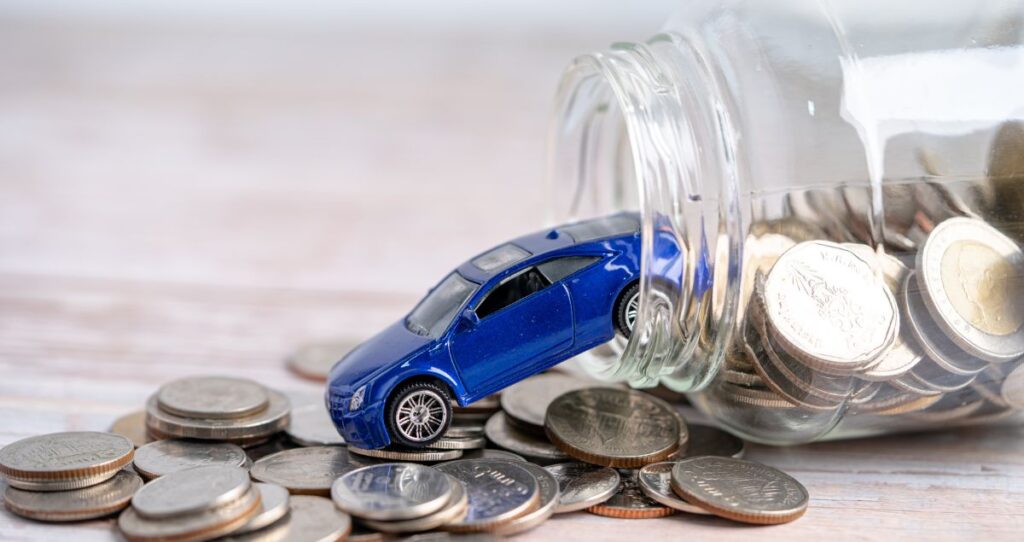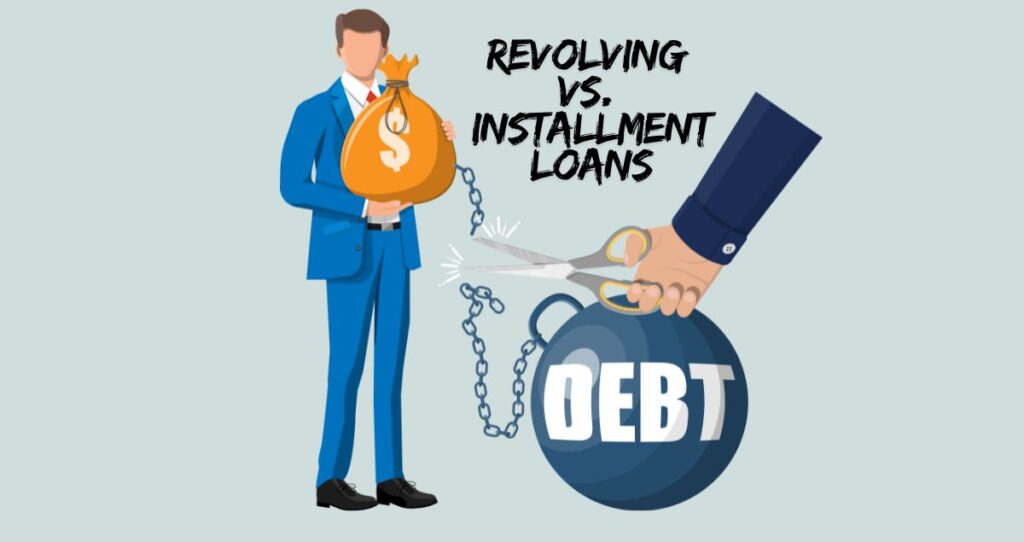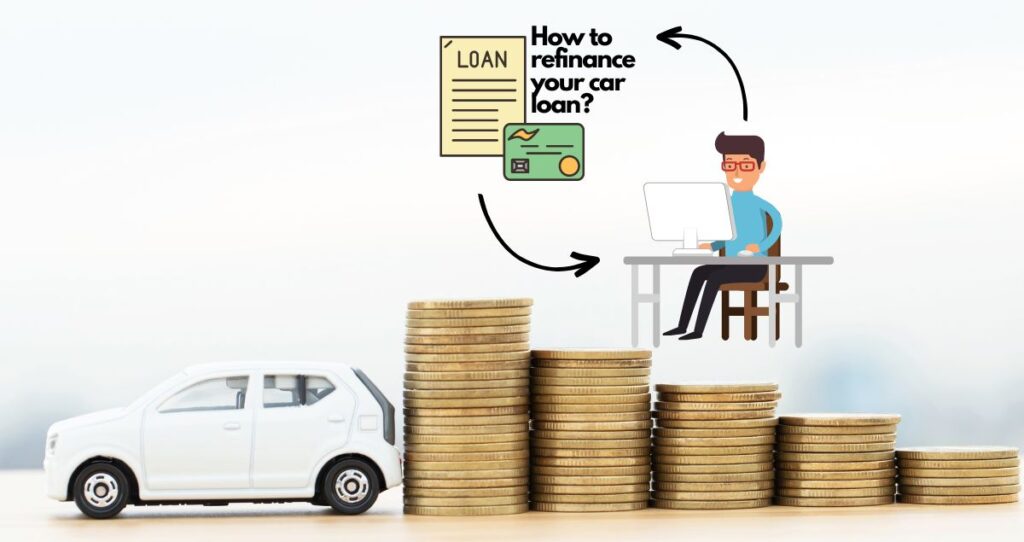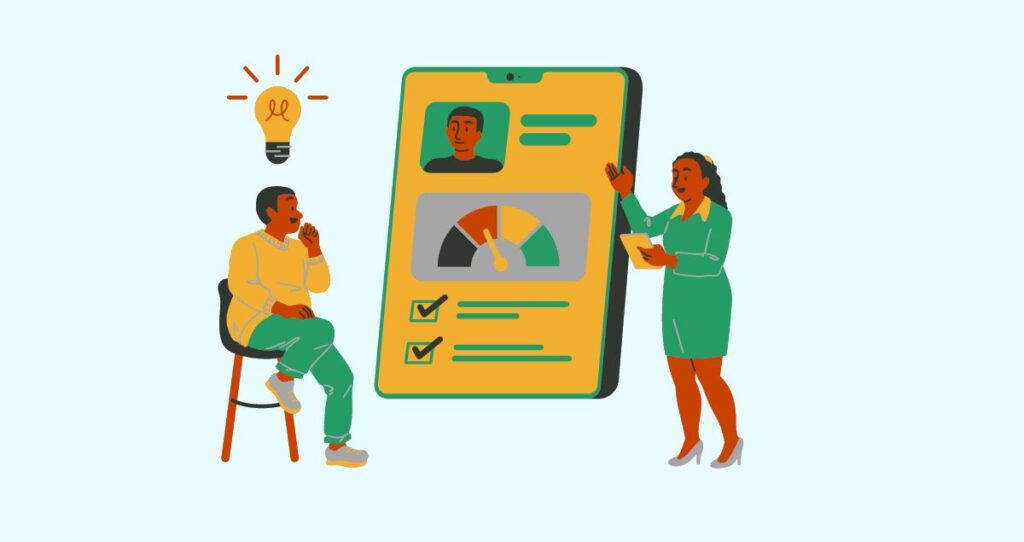Auto loan rates can be high or low depending on the type of car you are buying, your credit history, credit score, current debts, and the terms of the loan. Learn how you can secure the lowest auto loan rates with the best terms possible.
The process of buying a car seems simple and straightforward. You just apply for the auto loan and start driving the car a few days later. Beyond this simplicity lies a major question every borrower needs to answer. How to qualify for the lowest car loan rates? All loans and credit accounts come with interest rates, fees, and charges. How much of these rates you pay, however, depends on how well you have done your homework, the health of your credit, and many other factors.
If you are not careful, you might end up paying a much higher auto loan rate than you are supposed to. It is about finding the balance between the car you desire, your financial situation, and what lenders are looking for.
For example, if you only get a pre-approval letter from one loan provider and go with it, you will never know if you are overpaying or underpaying. This is because all car loans are not the same, and therefore, you can easily be reaped off if you do not shop around for better rates. You tell if you are getting a good deal by comparing multiple quotes. Even if you get many quotes, however, you will still pay higher car loan rates when you have a bad credit score.
So, what does it take to get the cheapest car loan rates? The answer to this question and many more is what I will cover in this article.
With careful planning and examination of your current financial situation, you can easily secure the cheapest auto loan rate. This article will walk you through the process and steps you must follow to qualify for the best car loan rates on the market.
1. Understand the type of car you want to buy
The first step in securing the best car loan rates is to know the type of car you want. There are many factors that affect your auto loan rates. Common factors that affect your car loan interest rate include your credit score, debt to income ratio(DTI ratio), loan amount, and terms of the loan. The type of car you want to buy is another major factor that affects your car loan rate.
By default, newer cars come with the lowest auto loan rates compared to used cars. According to Business Insider, for the first quarter of 2022, the average auto loan was 4.07% for new cars and 8.62% for used cars. These rates change dynamically in response to economic conditions. The lending industry is all about risk assessment. So, lenders charge higher auto loan rates on used cars to offset the risk. Old cars are not reliable, keep losing value, and can die anytime. To balance these risks, lenders charge higher car loan rates.
If you want to secure the best car loan rates, understand that the type of car you buy will affect your rate. A brand-new car will come with a lower interest rate. But, you will have to borrow a lot due to the cost of the car. On the other hand, used cars cost higher car loan rates. But, the overall cost of the car is also lower. Before you start shopping for a car, make sure that you know what you want and the impact each type of car will have on your interest rate and your monthly payments.
2. Have a budget for the car
Cars come in many sizes and their costs vary as well. You don’t need to drive the same car as your neighbor. The car you can afford will depend on your financial situation. In order to secure the lowest auto loan rates, you need to establish a budget. Most lenders require a down payment for the car which depends on the cost of the car. A budget will help you save for the necessary down payment and check all boxes needed for the lowest car loan rates.
A budget shows the lender that you are serious about buying the car and have prepared yourself financially. Your car expenses are not the only expense you will have every month. You need to make sure that you can afford other financial obligations besides your car expenses. All your car expenses should not take more than 15% of your take-home income. This will leave you 85% of your net income to cover your rent, savings, investing, food, etc.
Without a budget, you might end up buying a car that is beyond your reach. Buying an expensive car will force you to borrow more money and put a lot of stress on your income.
To avoid all these issues, establish a budget and buy a car that you can afford to pay for. The purpose of a budget is to help you buy a car that aligns with your finances and put down enough to secure a lower auto loan. The more you meet your auto loan provider’s loan requirements, the cheaper your auto loan gets.
3. Check your credit reports
When it comes to securing the best car loans, you need to make sure that nothing is left to chance. Before you apply for a car loan, clean your credit reports. This is important because any removable negative items, errors, and inaccuracies will directly impact the rate you qualify for.
Cleaning up your credit reports will also help you increase your credit score which is a major factor in determining car loan rates.
The process of cleaning up your credit reports is simple and straightforward. Any fraudulent activity, inaccuracies, and errors can be disputed and removed or corrected from your reports. Overdue removable negative items can also be deleted from your credit reports. Also, make sure that all your personal information and addresses are current. You don’t want to give the lender a reason to deny you a car loan or charge you a higher auto loan rate because of something on our credit reports.
If you are worried about where to get a copy of your credit report or how much it costs, no need to worry. Each one of the three major credit reporting bureaus will give you a free copy of your credit report once in 12 months. You can easily get a copy of your credit reports from each major credit bureau at https://www.annualcreditreport.com/. This is the only government-authorized website to provide free credit reports.
You also might like: How to get a free annual credit report?
4. Build your credit score
The credit score is one of the top factors auto loan providers use to determine car loan rates. Your credit score is a three-digit number calculated using information pulled from your credit reports. Lenders use your credit score to determine your creditworthiness. A good credit score shows that you act responsibly when it comes to debt. That is you make all your payments on time, avoid excessive borrowing, manage your credit utilization, and follow the terms of your loans.
The higher your credit score, the less risky you are, and therefore, the lower the auto loan rate. Some lenders do not approve people with bad credit scores for auto loans. Those who get approved for car loans pay the highest interest rates on their loans.
Impact of credit score on car loan rates
In order to qualify for the best auto loans on the market, your credit score must be among the highest credit score ranges. You don’t necessarily need to have an 800 credit score. However, you need to have at least a good credit score. The following table illustrates how credit scores impact car loan rates.
| Credit score | Average new car rate | Average used car rate |
| 720 or higher | 3.65% | 4.29% |
| 660-719 | 4.68% | 6.04% |
| 620-659 | 7.65% | 11.26% |
| 580-619 | 11.92% | 17.74% |
| 570 or lower | 14.39% | 20.45% |
As your credit score goes lower, the auto loan rates go higher for both new and used cars. The lower your credit score, the more risker you become. Having bad credit shows that you are not financially responsible. Maybe you had late payments, accounts in collections, bankruptcy, or foreclosure. All these negative items directly lower your credit score and make you a risky borrower. For this reason, lenders charge higher auto loan rates to people with bad credit to offset those risks. For this reason, if you want to secure the best auto loan rates, increase your credit score. If you want to boost your credit score fast, refer to the following articles are your guide.
Credit score guides:
- How to Raise Your Credit Score in 30 Days?
- What is considered to be a bad credit score?
- 13 tips on how to build credit fast and improve credit score
- What is a good credit score to buy a car?
5. Have required down payment
A down payment is an upfront amount you pay to show that you are serious about buying a car or other property such as a house. Usually, the down payment is expressed as a percentage of the total loan amount. For example, if you are purchasing a $50,000 car, the lender might require you to put down 10% which will be equivalent to $5,000.
The down payment also acts as collateral in case you default on your loan. Instead of losing all $50,000, the lender will pocket your down payment and try to sell the car in an effort to recover the remaining balance. If you are interested in getting the lowest car loan rates on the market, pay attention to the down payment. You are a more serious and financially stable borrower when you can come up with the required down payment.
Failure to save for a down payment might be an indication that you will not afford your monthly payments. So, your down payment acts as collateral and a ranking factor a the same time. The down payment will also lower the amount you are borrowing. The higher your down payment, the lesser money you will borrow. As a result, the less money the car will cost you. If you don’t have enough down payment, the lender might charge you higher interest rates or requires you to purchase loan insurance.
You might also like: How to save for a down payment on a house?
6. Get prequalification letters from multiple lenders
Lenders do not use the save algorithms when estimating auto loan rates. Different weights get applied to the information you submit which results in different rates. In order to qualify for the best car loan rates, you need to get pre-qualified from multiple lenders and pick the lowest car loan rate.
Another good tip for securing the cheapest rate is to work with a lender you worked with before or your current bank. Many lenders trust existing customers more than new ones. That is why the first place to look for a cheap car loan rate is your current bank, credit union, or other lenders you worked with. The history you have with these institutions gives you a competitive advantage over new customers.
7. Reduce your debt to income ratio(DTI ratio)
One of the most important factors that affect car loan rates and other credit accounts is your debt to income ratio also known as the DTI ratio. This ratio is the ratio of your monthly debt payment to your monthly gross income. As your debt level increases, your DTI ratio goes higher. The higher the ratio, the riskier it is to lend you money.
How do auto loan providers interpret the DTI ratio?
Before you get approved for a loan, the bank needs to know if you can afford to pay off the loan. That is you can pay the principal amount, interest rates, fees, and other charges associated with the loan for the whole duration of the loan. That is where your DTI ratio comes in. This ratio helps lenders to compare your current income and the amount of debt you have already in an effort to estimate if you can take on more debt and how much.
A higher DTI ratio shows that your income is already stretched, and therefore, you cannot afford to take on more debt. If you are looking to get the best car loan, make sure you reduce your DTI ratio.
What is a good DTI ratio for car loans?
Although it is a good idea to not carry loans when you are planning to borrow, you don’t need to be debt free in order to afford a car loan. You need to have a manageable debt amount that allows you to accommodate more loans. A lower DTI ratio makes you a less risky borrower which in turn helps you secure a lower auto loan rate.
According to LendingTree, it is recommended to have a DTI ratio that is under 36% for auto loans. This ratio shows that you can afford to borrow more money. Any higher ratio increases your risk level, and therefore, might not qualify for loans.
8. Choose the cheapest lender
How do you choose the cheapest lender? Just because you have a lower interest rate, it does not mean your loan is the cheapest. When it comes to picking a cheap car loan, you need a loan with the cheapest interest rate without ignoring other factors.
A lower interest rate does not mean you have a cheap loan. You also need to consider fees and charges. All these factors are included in what is known as the annual percentage rate or APR for short. If your rates are lower but your APR is higher, it might be an indication that your lender has higher fees and charges compared to other loan providers.
At the end of the day, you are looking for the cheapest loan rate and the lowest overall cost of the loan. Don’t just fall for low rates. Also, evaluate your rates with APR and make sure there are no hidden fees. You don’t want to save a few hundred bucks on auto loan rates and pay double your savings in fees and charges.
9. Pick the cheapest terms
By default, auto loan rates are higher for longer terms compared to lower terms. The key here is that the longer you carry the loan, the higher the chances you can default. For this reason, you will pay a little higher loan rate for longer terms. Just because you have an excellent credit profile, it does not mean you will have the lowest rate. You also need to pick the best terms to further lower your interest rate.
The following table shows how different terms affect auto loan rates for people with excellent credit.
| Car loan terms | Average Interest Rate |
| 36 month | 4.21% |
| 48 month | 4.31% |
| 60 month | 4.37% |
| 72 month | 4.45% |
Usually, auto loan terms range from 2 years to 6 years. The lower the term length, the lower the auto loan rates. Although the difference in interest rates for people with similar credit ratings is not significant; these small differences can save you a few thousand bucks by the end of the loan term. For example, if you can afford to pick a 36-month term instead of a 72-month term, you will be saving 0.24%(4.45%-4.21%) in interest rate. By the time you finish paying off the loan, you might have saved hundreds of dollars in interest.
10. Have a stable income
Car loans are less stricter than other financial products such as mortgages. But still, you will need proof of income. The money you are borrowing must be paid back with interest, fees, and charges. You cannot pay it off without working somewhere. That is why having an income is a preliminary requirement when applying for car loans.
The income requirements on car loans are not that much. Many people qualify for car loans on a meager income. But, if you have another form of debt such as credit card debts, mortgages, or other revolving credit debts, the lender might require that you have a higher income to cover all these accounts.
You might also like: 9 ways to increase your income
Where to get the cheapest car loan rates?
Banks, credit unions, and online lending institutions work together in this lending business. They all get paid when loans are originated and cars are sold. That is why both parties work together to give you the support necessary. Some dealerships have banks they work with which ease the paperwork and make the process much faster, and smooth.
Even if there is a lender somewhere ready to give you money, it does not mean you will get the lowest auto loan rate. You still need to do your homework and pick a lender with the lowest rate. Instead of going with creditors chosen for you, start with your own bank or credit union. You are more likely to secure the lowest rate when you work with your current bank than with a new one due to your historical performance with the bank.
If you took out a loan before and managed your credit accounts responsibly, apply through the same lender. You can also look into online lending institutions that provide auto loans. Online lenders compete with banks and credit unions and might have better terms due to the simplicity of their processes and the lack of physical infrastructure.
The benefits of buying a used car over a brand new car
Should you buy a used car or a brand-new car? One thing that most people struggle with is choosing between a used car over a brand new car. But this process would be simple once you understand how each type of car affects your finances and the value you get from the car. It is a matter of balancing desires with finances.
Cars are some of the riskiest assets due to fast depreciation rates. Depreciation measure how fast assets loses their value over time and cars are known to have a high depreciation rate. According to LendingTree, a new car can lose up to 20% of its original value during the first year and 15% per year for the next 5 years. On average, cars lose more than 40% during the first 5 years and continue to depreciate gradually.
On top of fast depreciation, new cars come with higher registration fees, expensive insurance, and sometimes premium gas and parts. In addition, you will be paying auto loan rates, fees, and charges on the loan. Given these constraints, it is more economical to never buy a brand-new car or finance a car with a loan.
If you have to buy a car with a loan, consider buying used cars that have depreciated already. The benefits of used cars are that you will buy them at a 40% plus discount. In addition, you will borrow less money due to the lower cost of the car which will translate to lower interest charges. Although a used car will come with a higher car loan rate, the rate will not mean much since you will borrow less money. Furthermore, borrowing less money also prevents you from putting too much stress on your finances which allows you to meet other financial responsibilities.









